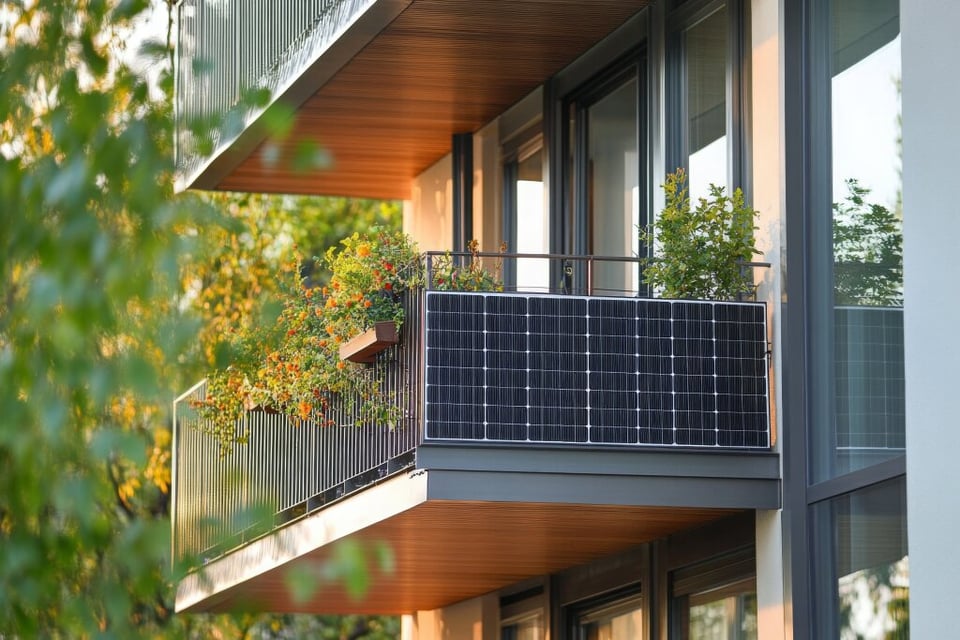The UX of Energy
For the foreseeable future I’ll be writing about the UX of energy, which I define as:
The design of our interaction with the production, transmission, and use of energy so that it is positive for people and nature.
I first heard the phrase from Arash Aazami who said:
At the moment, we are consuming, consuming, consuming energy, but we don’t know how or where it is produced. We have used technologies for a couple of centuries to detach ourselves from natural reality, such as where our food comes from. Now, we can apply technologies to rebuild our connection with natural reality. More and more of us grow some of our own food. We can have energy in the commons in the same way.
Azeem Azhar and Nathan Warren argue that energy itself has become a technology. Whereas fossil fuels are commodities whose prices adhere more to dictators’ whims than supply and demand or innovation,
...renewables...go beyond merely providing an alternative and competitive energy source. Much more importantly, the machines that turn wind and sunshine into electricity are technologies that behave like the technologies of the digital world...These technologies benefit from learning curves, becoming more cost-effective as manufacturers accumulate experience.

Here’s a quick thought experiment to ground these ideas in terms of experience. We know solar panel installations are growing faster and prices are declining faster than anyone predicted. Eventually solar panels will go from being a considered purchase to essentially free. Think back to when GPS, long-distance communication, and photography were rare and expensive. Now they are essentially free features packaged inside other products. The transition of renewable energy into a free technology raises lots of intriguing questions such as,
Why and how might we become energy producers and sellers?
How will we balance our own energy needs vs selling it to others?
Will national grids adapt, or will we form community microgrids?
Will we need grids?
Will we need to buy energy from others?
Will we want an experience of energy, or will we simply want it to work for us in the background?
In my next email I’ll explore some specific, present-day challenges with producing and using our own energy.
Hungry for more climate/design reading? Check out: